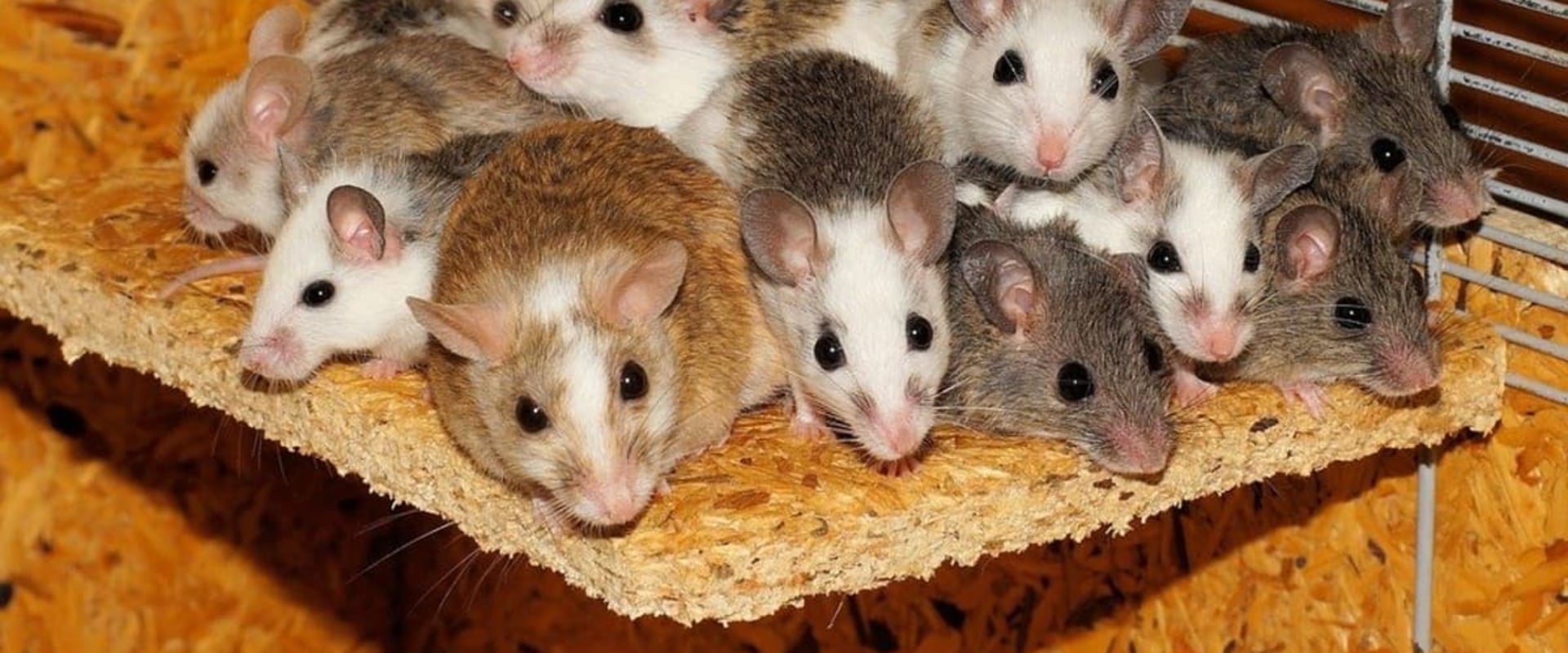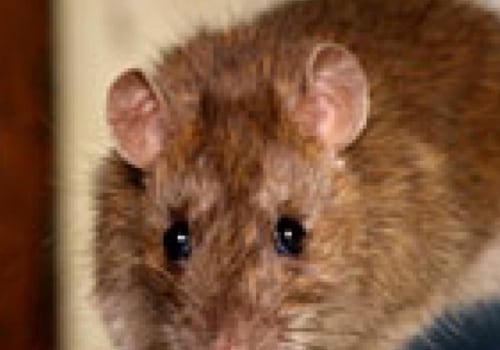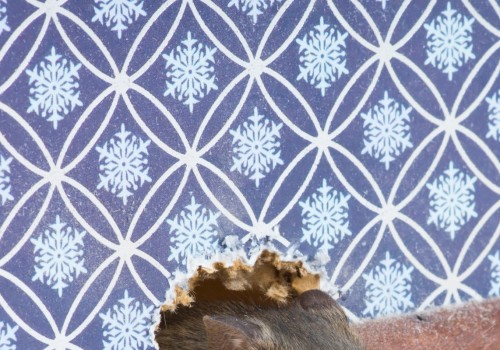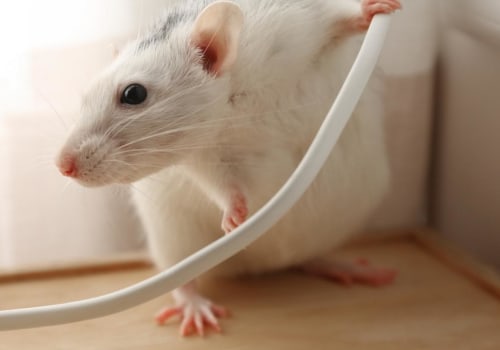Pay special attention to doors, windows and ventilation grilles. Eliminate outdoor accessRemove protruding trees and allow rodents to jump onto your roof. In addition, keeping trees well pruned gives rodents one less place to hide from predators. Clean That Yard Remove heaps of debris, clutter, and trash from around your yard.
Plant shrubs and shrubs at least 3 feet away from buildings. These spaces provide safe habitats for rodents. Having the right door seals and keeping doors closed when not in use are key steps in pest prevention. Gaps around the door itself can allow pests to enter.
To seal openings around the base and sides of doors, pest-proof materials such as sweeps and door guards should be used. The best way to do this is to catch in a humane way. Traps are generally preferred to poison bait, as they are less dangerous to children and pets. But if you're dealing with a serious infestation that could put your family at risk, consider using spring traps or calling a professional pest control company.
They can accomplish the task faster for you. Mousetraps are one of the most effective ways to get rid of mice that have been installed inside your home. Place mousetraps in the most vulnerable areas of your home, such as along walls and behind trash cans. There are a variety of mousetraps to choose from, all of which vary in cost, function, and design.
You can also get rid of rodents immediately instead of dealing with the bad smell of rotting corpses of poisoned rodents inside your walls or out of reach. It's also important to avoid ground covers and low-growing plants, as they can hide rodents and rodent burrows. Using traps instead of rodent poisons gives you clear confirmation of a rodent's capture and allows you to better measure the effectiveness of treatment. Once you've blocked access points and eliminated food and water sources, you'll need to eliminate the remaining rodents.




